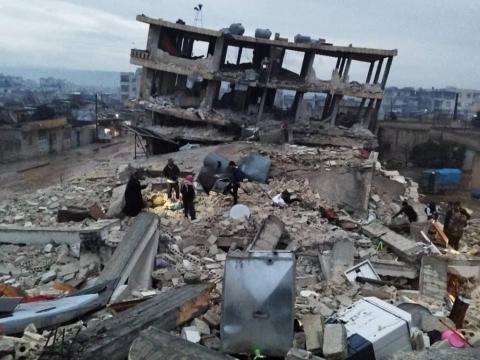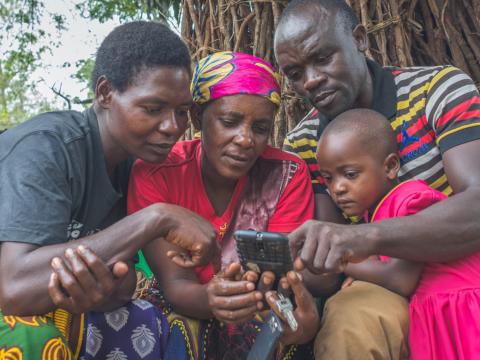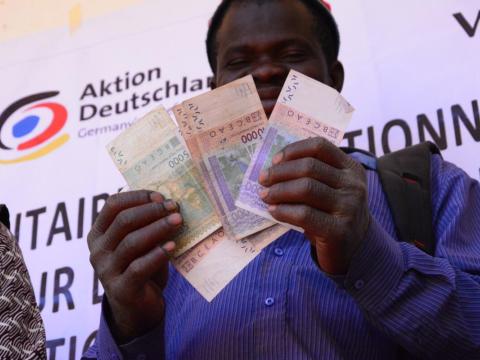
Why cash is king in emergency responses
Isabel Gomes explains five ways why cash trumps delivering donated goods in humanitarian disasters
Water, food, shelter … these are the life-saving things that help survivors through disasters like the Türkiye-Syria quake. But cash is the king that makes all of it happen. And it does a lot more than that.
So, when my friends ask me what to donate (Second-hand clothes? Tins of food? Medical supplies?) my go-to number one suggestion is: give cash to disaster aid appeals.
As an humanitarian responder with 25 years’ experience, I have witnessed every type of emergency in all parts of the world, and in all of them cash has been the catalyst to delivering an effective humanitarian response.
There are five reasons why I consider myself, if not the Queen of Cash, at the very least an ambassador for it. Firstly, cash is efficient. A cash donation can almost immediately be used by humanitarian agencies and their local response partners on the ground to purchase goods within country. Where markets operate, items can be bought in bulk and quickly transported. This is a much cheaper way of buying and distributing aid than having mixed donations trucked in from multiple international destinations by well-meaning citizens. A cash donation means lower overheads and ultimately more assistance going to those who need it.
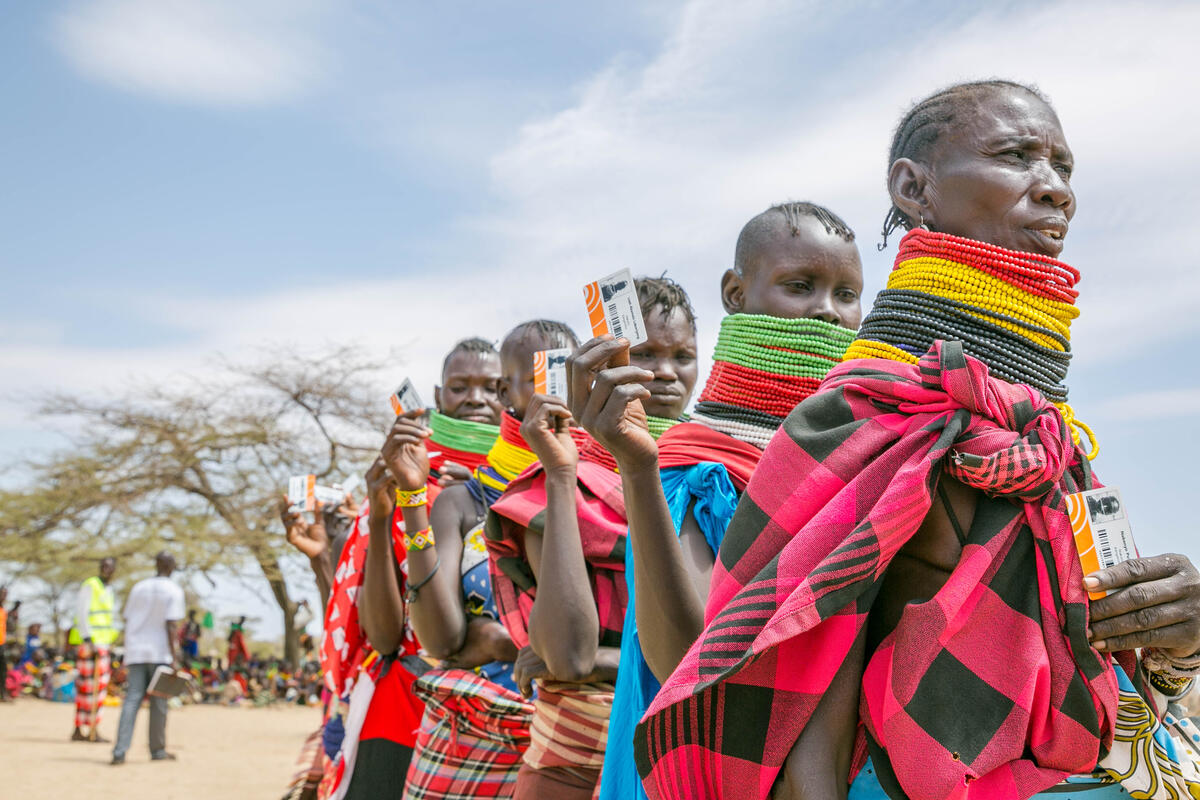
Secondly, cash is a flexible friend that allows humanitarians to meet changing needs over time. Yes, purchasing life-saving aid is essential at the front end of a response but, as time moves on, cash can be used to fund rebuilding and recovery efforts. It is even used to pay for activities and support systems that help children and adults deal with long-term trauma or emotional harm. I’ve even seen cash used to help pay for utility bills for community centres that host people displaced by the war in Ukraine.
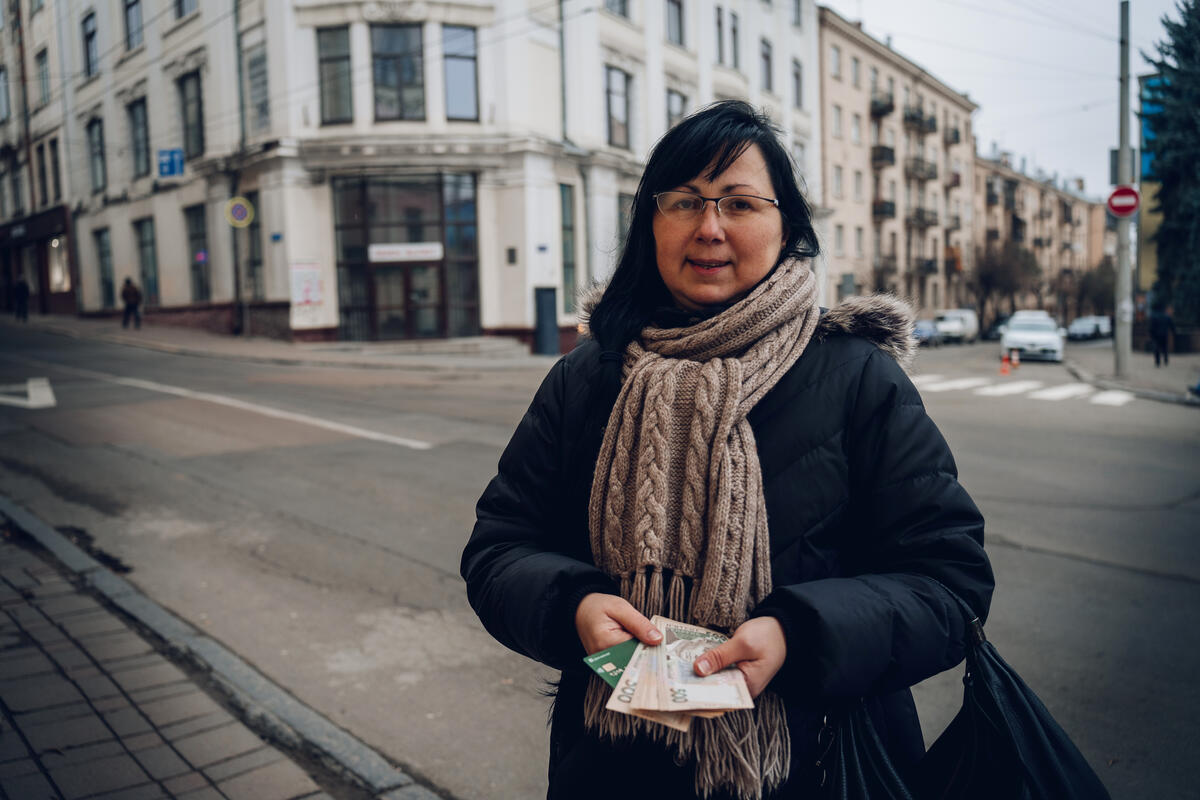
Thirdly, cash empowers local response organisations and local markets. Imagine you are a local emergency worker. Would you rather have the cash to buy the goods you know are needed or be sent donated goods that might not be top of your list? In many of our recent emergencies, including the current one in Türkiye and Syria, we are giving partners money that they will budget in ways they think most appropriate. This empowers local responders putting them right at the centre of decision making in their communities and stimulates local economy.
My favourite fourth reason for cash is the dignity it brings to survivors. Increasingly, humanitarian agencies give cash directly to survivors. This is sometimes pinged directly as digital cash onto their mobiles or sometimes in the form of digital cards or vouchers that they can then spend in special shops, where markets are still operating. This gives survivors real choices about how to spend their survival money – whether it’s on food or a blanket. Every parent knows how to budget limited money in the bests interests of their family and survivors of emergencies are no different. And a bonus of all this, is that it helps kick-start and revive local businesses that may have been hard hit by a disaster, putting them onto the road to recovery.
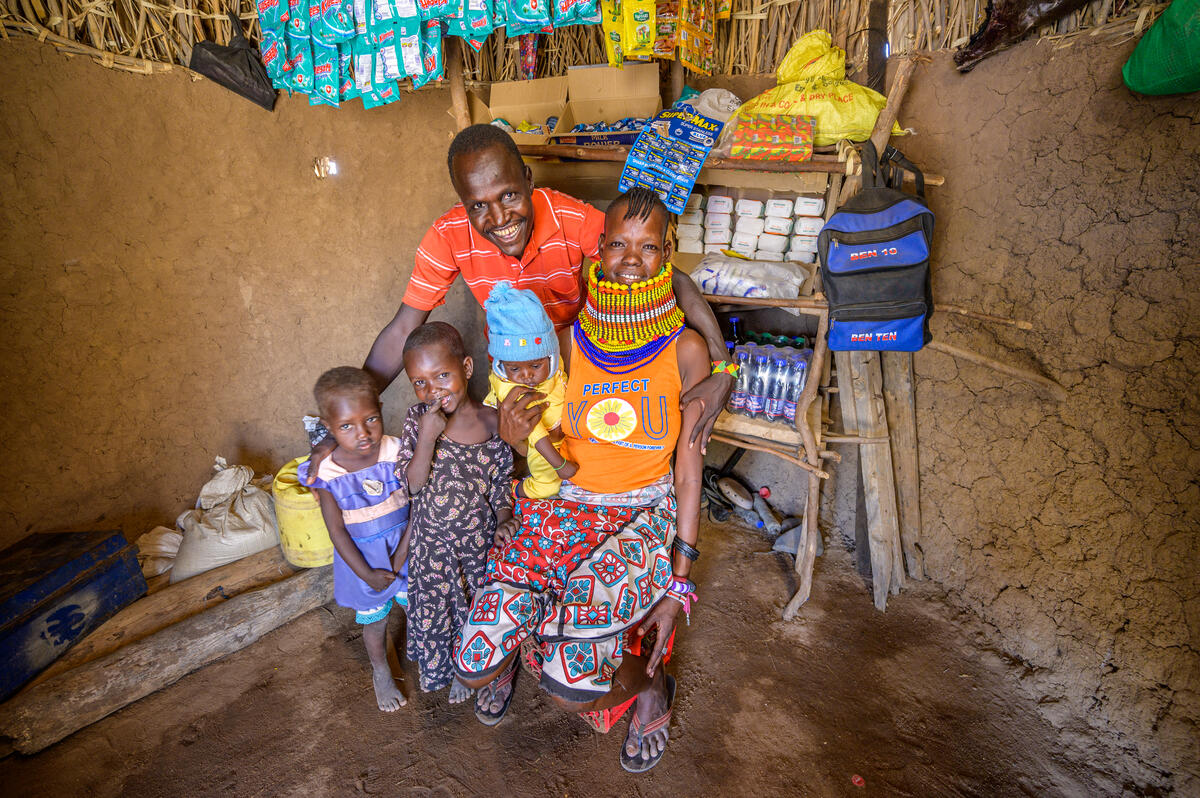
And fifth and finally, cash is a lever to generate even more money. Governments or wealthy philanthropists often pledge an extra pound/dollar/etc. for every one raised privately. We in the humanitarian world call it ‘match’ and it’s a wonderful incentive to give, knowing that a donation may be doubled or tripled as a result.
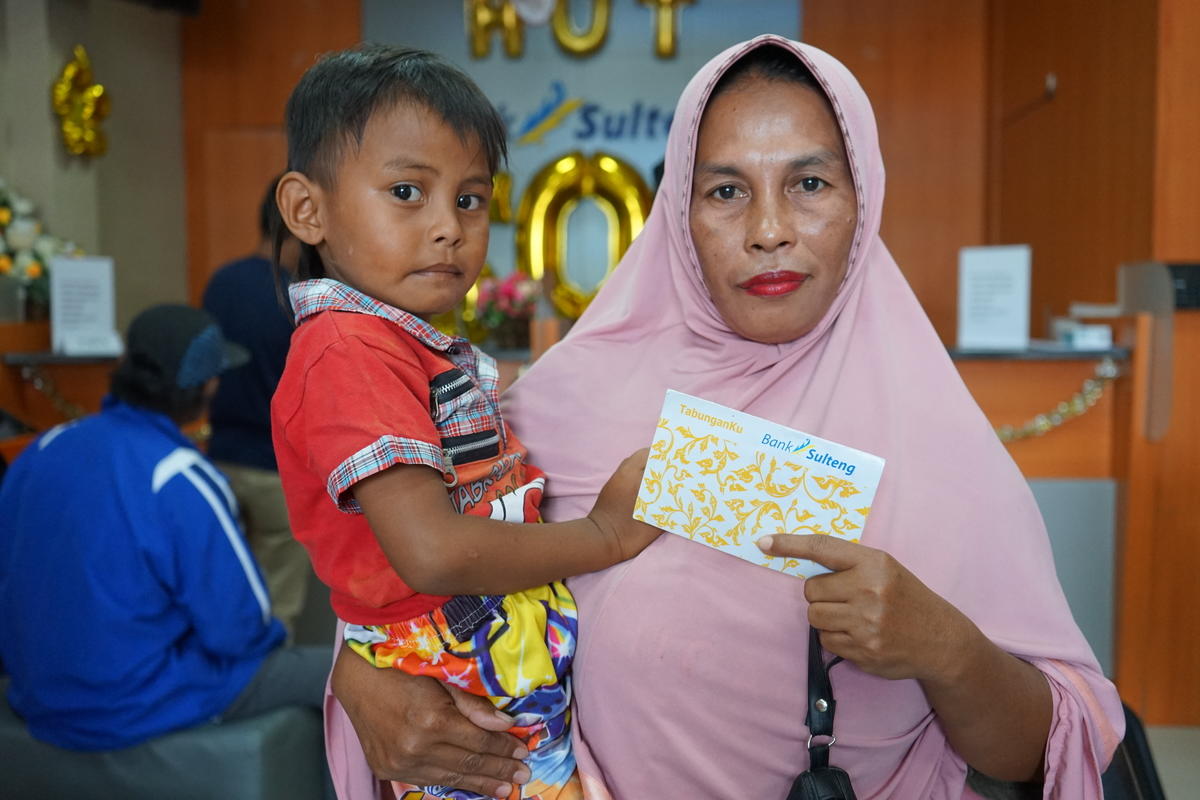
So please give to those humanitarian appeals you are seeing on your televisions, mobile phones and computers. Cash not only fires up the engine of a humanitarian response but helps survivors get what they want in the way they want – not what we think they want.
>>Learn more about World Vision's approach to cash and vouchers and the impact that it has had on supporting children and communities in some of the most fragile contexts click here
Isabel Gomes, World Vision's Global Director for Humanitarian Operations oversees the organisation’s humanitarian responses, with a focus on decreasing the vulnerability of millions of children before, during and after disasters. Currently based in Geneva, Switzerland, Isabel’s experience spans 25 years in the humanitarian sector, with recent experience in global donor engagement, resource development, strategy, operations and policy.

